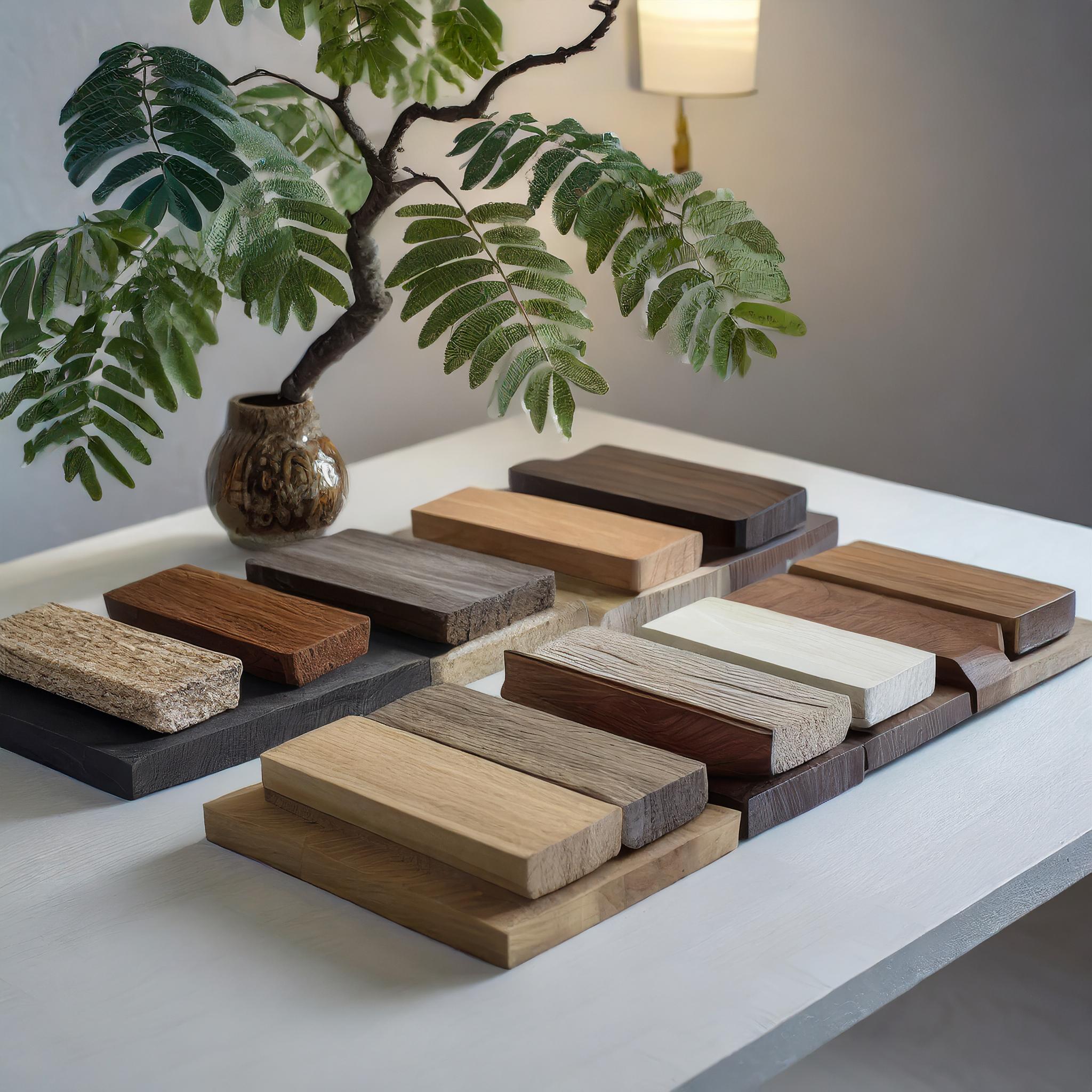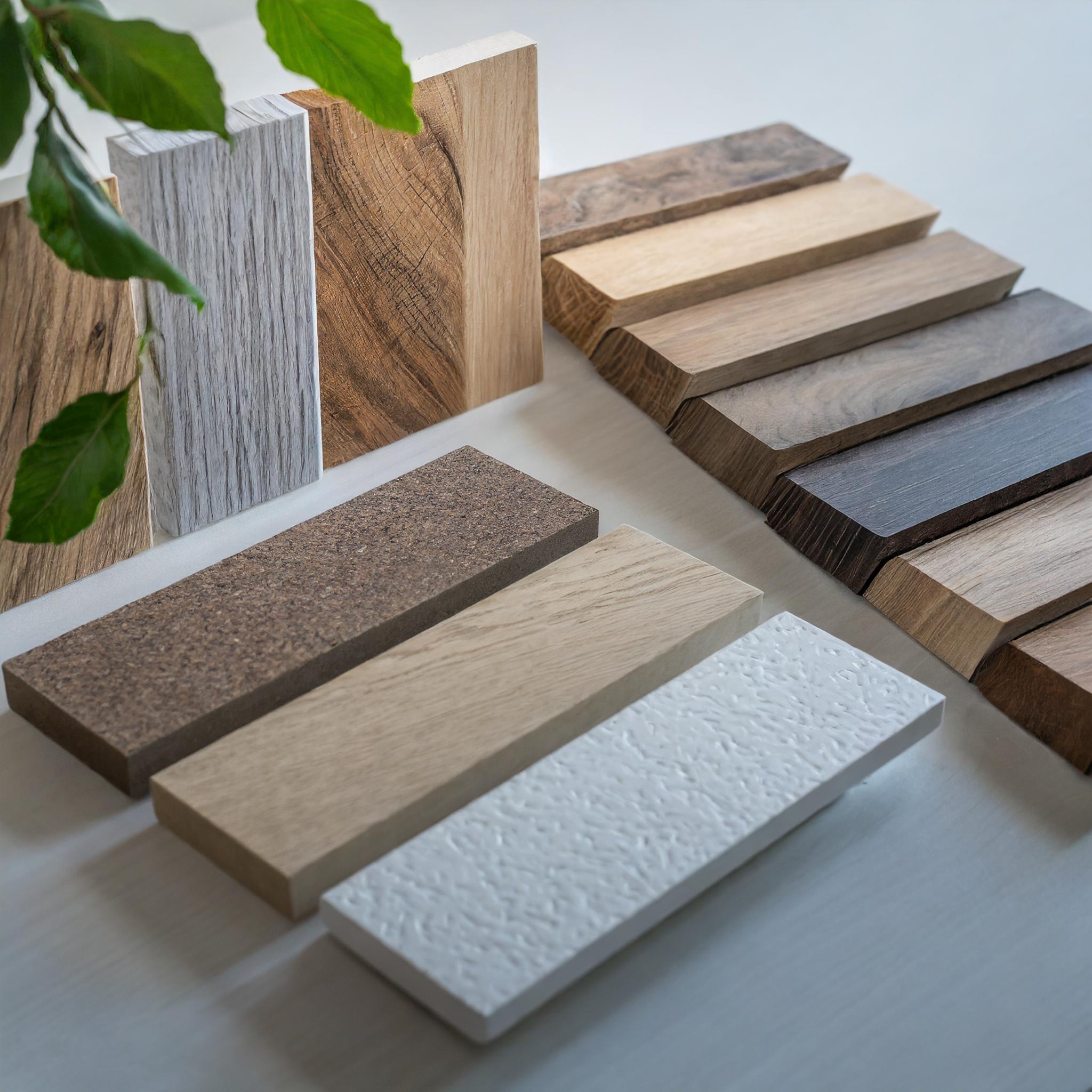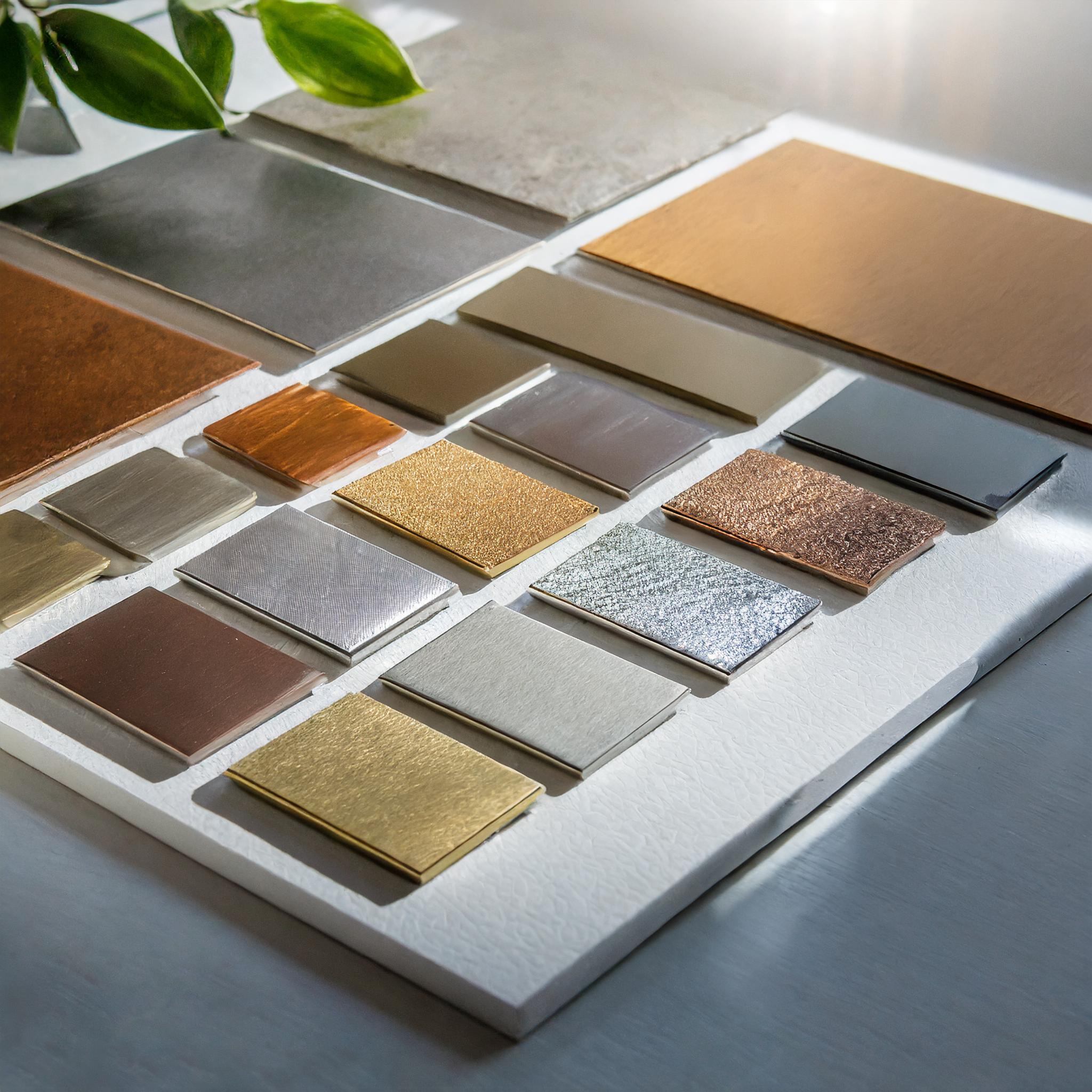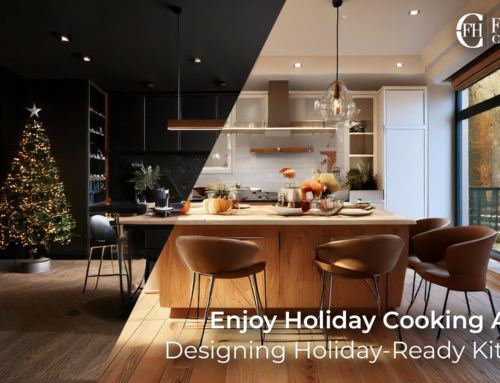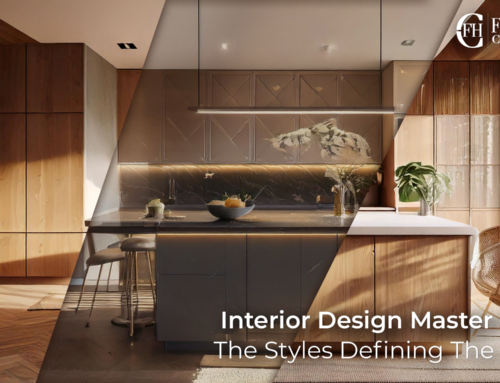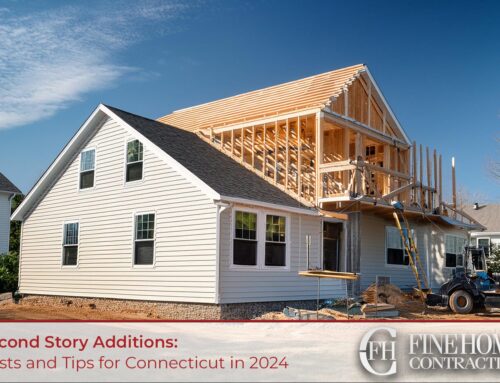Understanding the Basics of a Wine Cellar
For homeowners in Connecticut a custom wine cellar is more than just a home addition—it’s a transformation of your space to better fit your particular needs and wants. It elevates both the aesthetic and functional aspects of a home, offering a unique blend of luxury and practicality that can significantly enhance the property’s market value. In this comprehensive guide, we’ll dive into how to create a wine cellar that not only meets your storage needs but also serves as a striking showcase of your personal taste and sophistication.
What is a Wine Cellar?
A wine cellar is designed to be much more than just a place to store wine. It is a carefully controlled environment that facilitates the proper aging and preservation of wine, ensuring each bottle reaches its full potential in terms of flavor and quality. While many might think of it as a luxury, for enthusiasts, it’s an essential part of the home, reflecting a dedication to the culture of wine.
Essential Features of a Wine Cellar
The key to a successful wine cellar is maintaining the right conditions consistently. This includes a climate control system that can reliably manage temperature and humidity, specialized lighting that does not emit UV rays which can degrade wine, and storage solutions that accommodate the unique shape and size of wine bottles. Proper insulation and a vapor barrier are also critical to protect the cellar from external temperature fluctuations and moisture, ensuring the longevity of both the wine and the structure of the cellar itself.
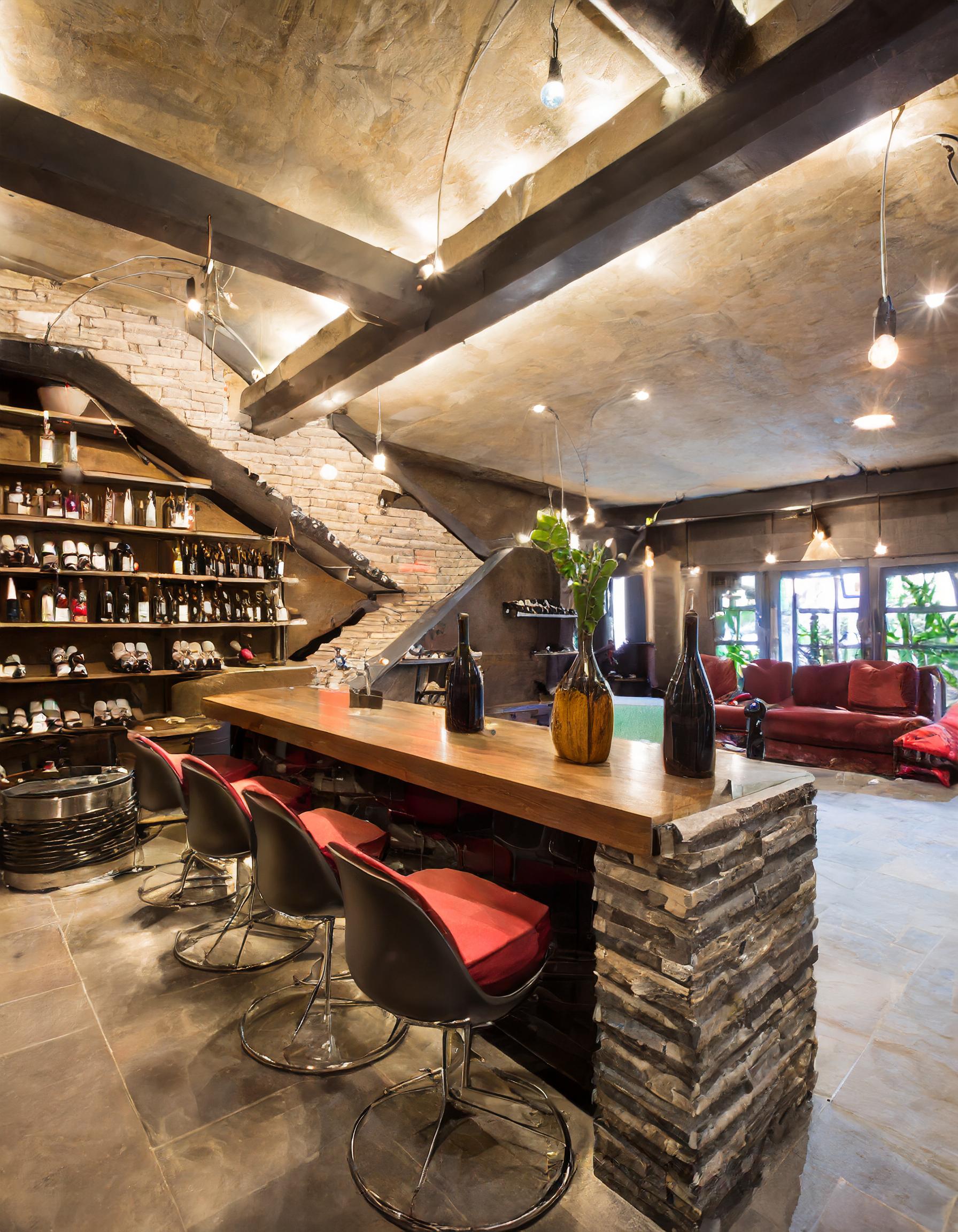
Planning Your Wine Cellar
Deciding the Location
Choosing the right location within your home is crucial for a wine cellar. The ideal spot is typically below ground level where temperatures are naturally cooler and more stable. Basements are perfect, but if that’s not an option, select a part of your home that avoids direct sunlight and remains consistently cool. This helps in minimizing the reliance on artificial cooling, which can be costly.
Size and Capacity Considerations
The size of your wine cellar will largely depend on your collection size and how you intend to grow it. For smaller collections or spaces, focus on maximizing the space with efficient rack designs that can store bottles densely without sacrificing accessibility. For those envisioning larger projects, the cellar can be an expansive room featuring tasting areas, elaborate display cases, and even seating for guests. This turns the space into a multifunctional area where storage meets entertainment.
| Cellar Size | Bottle Capacity | Key Features | Approximate Square Footage |
|---|---|---|---|
| Small | Up to 500 bottles | Efficient racking, maximum use of vertical space | 30-50 sq ft |
| Medium | 500-1500 bottles | Racking plus some display areas, area for wine tasting | 100-300 sq ft |
| Large | 1500+ bottles | Extensive racking, display cases, tasting area, seating | 300+ sq ft |
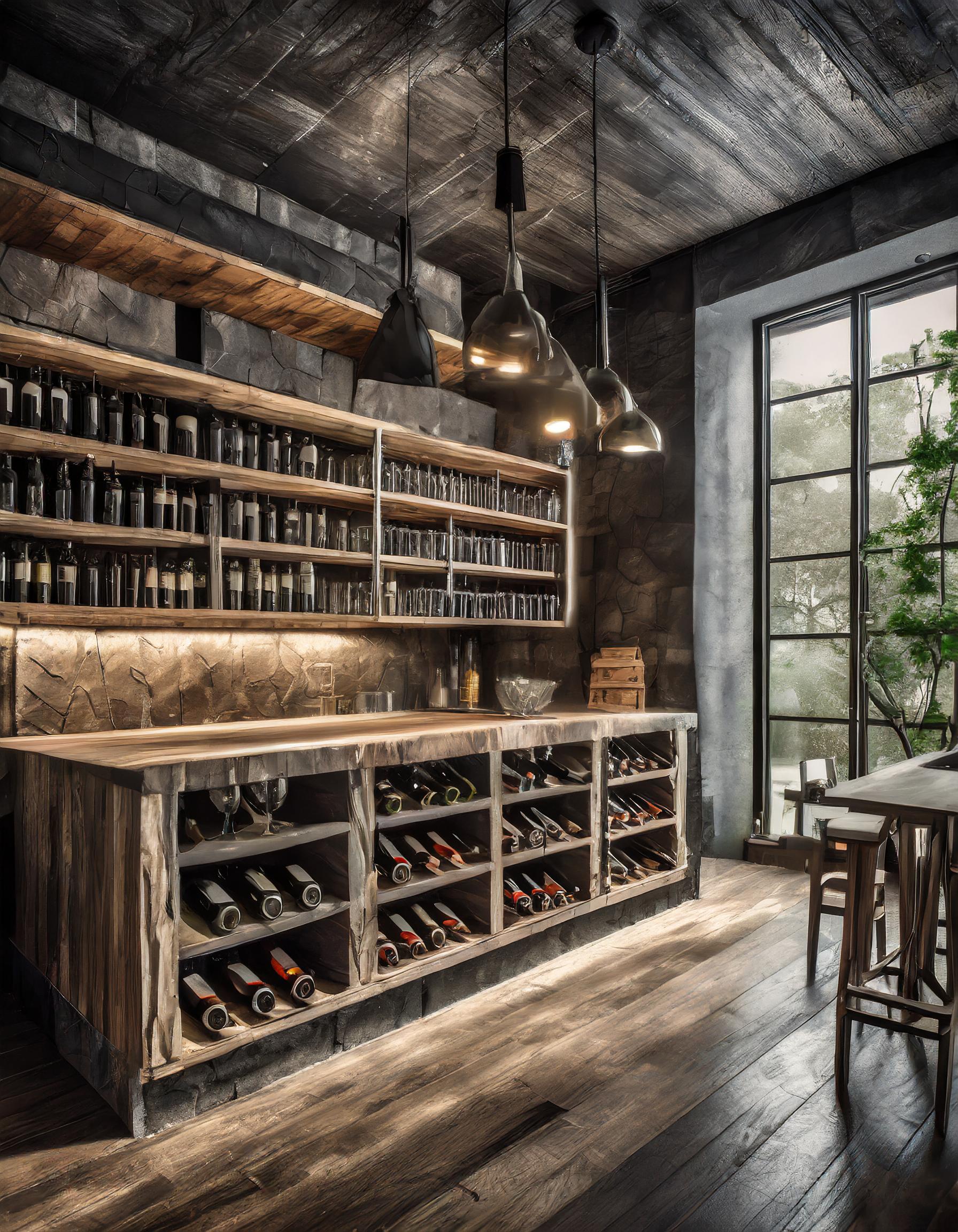
Climate Control Solutions
Temperature and Humidity Control
To preserve your wine effectively, maintaining a consistent temperature between 55-58 degrees Fahrenheit and a humidity level of 55-75% is crucial. This is typically achieved through a combination of specialized cooling systems, insulation, and humidity controls. The goal is to create a stable environment where wine can age gracefully without risk of spoilage from fluctuations in conditions.
Insulation and Vapor Barriers
Effective insulation is critical to stabilize the internal environment of a wine cellar. This includes not only thermal insulation in the walls and ceiling but also under-floor systems if necessary. A vapor barrier, typically installed along with the insulation, prevents moisture from seeping into the cellar. These elements work together to ensure that external climate variations do not affect the carefully controlled conditions within your cellar.
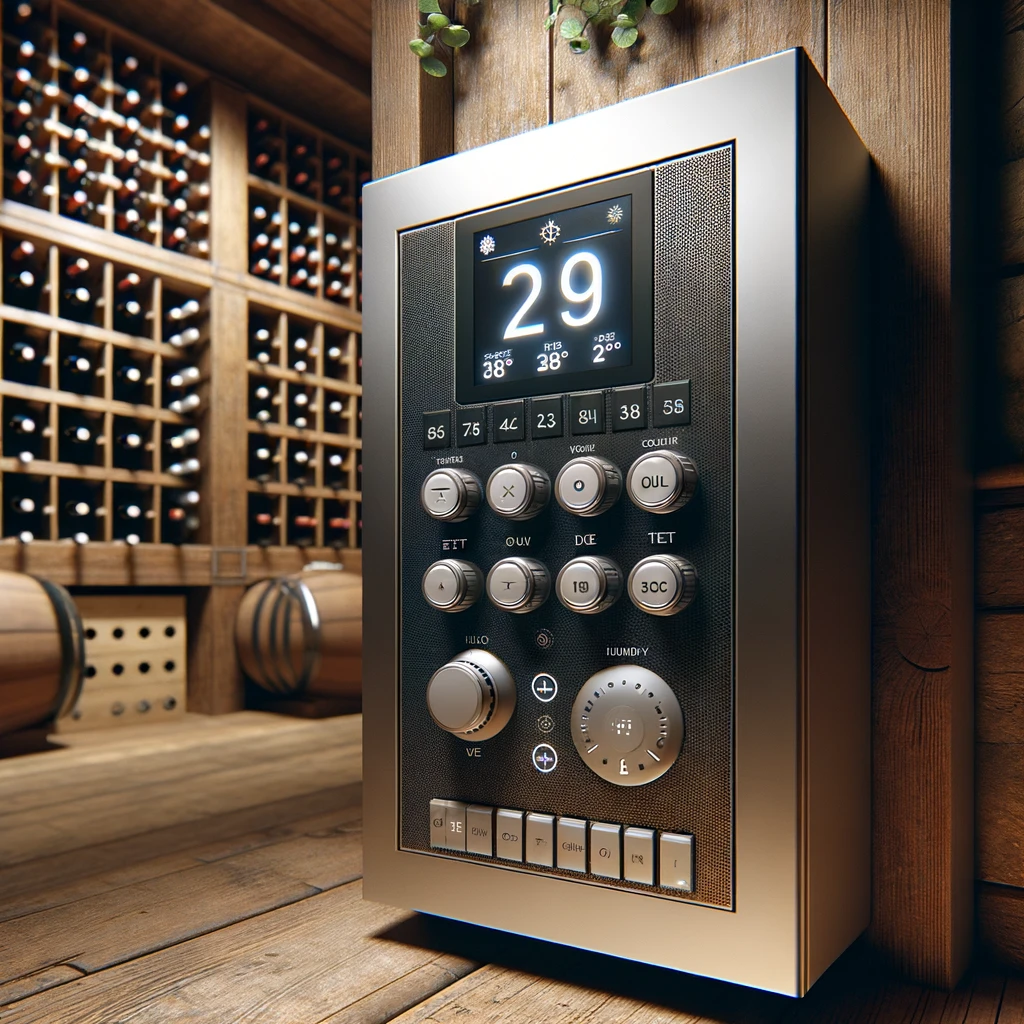
Some Tips about Wine Cellar Temperature:
- Ideal Temperature Range: Between 55°F and 58°F (13°C to 14°C).
- Ideal Humidity Level: Between 57% and 65%.
- Position of the Bottles: Wine should be stored horizontally to keep the liquid against the cork.
- Light Exposure: Protect wine from light, especially direct sunlight and fluorescent fixtures, which can degrade and prematurely age wine.
Innovative Storage Solutions
Racking Systems
Choosing the right racking system for your wine cellar is vital for both aesthetic appeal and functionality. Racks should be designed to store bottles in a way that keeps the cork moist and secure, which often means storing them on their sides. Customizable racking solutions can be adapted for different bottle sizes and types, ensuring that each bottle is optimally positioned for preservation and display.
Display Options
While functionality is key, the visual appeal of your wine cellar is also important. Consider incorporating LED track lighting or backlighting to highlight specific areas of your collection. Display rows, where bottles are slightly tilted forward, can also showcase labels and facilitate easy access to your favorite wines. These elements can turn a simple storage space into a stunning feature of your home.
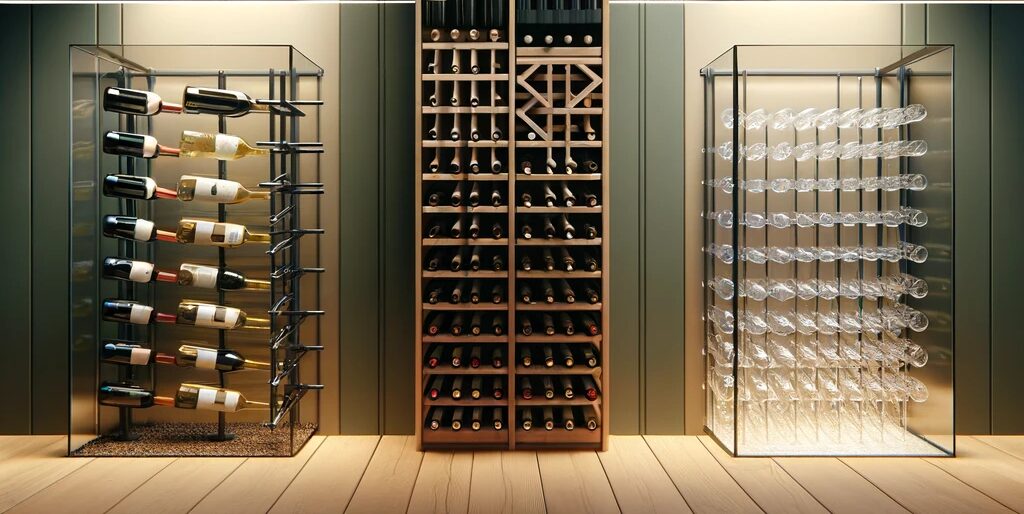
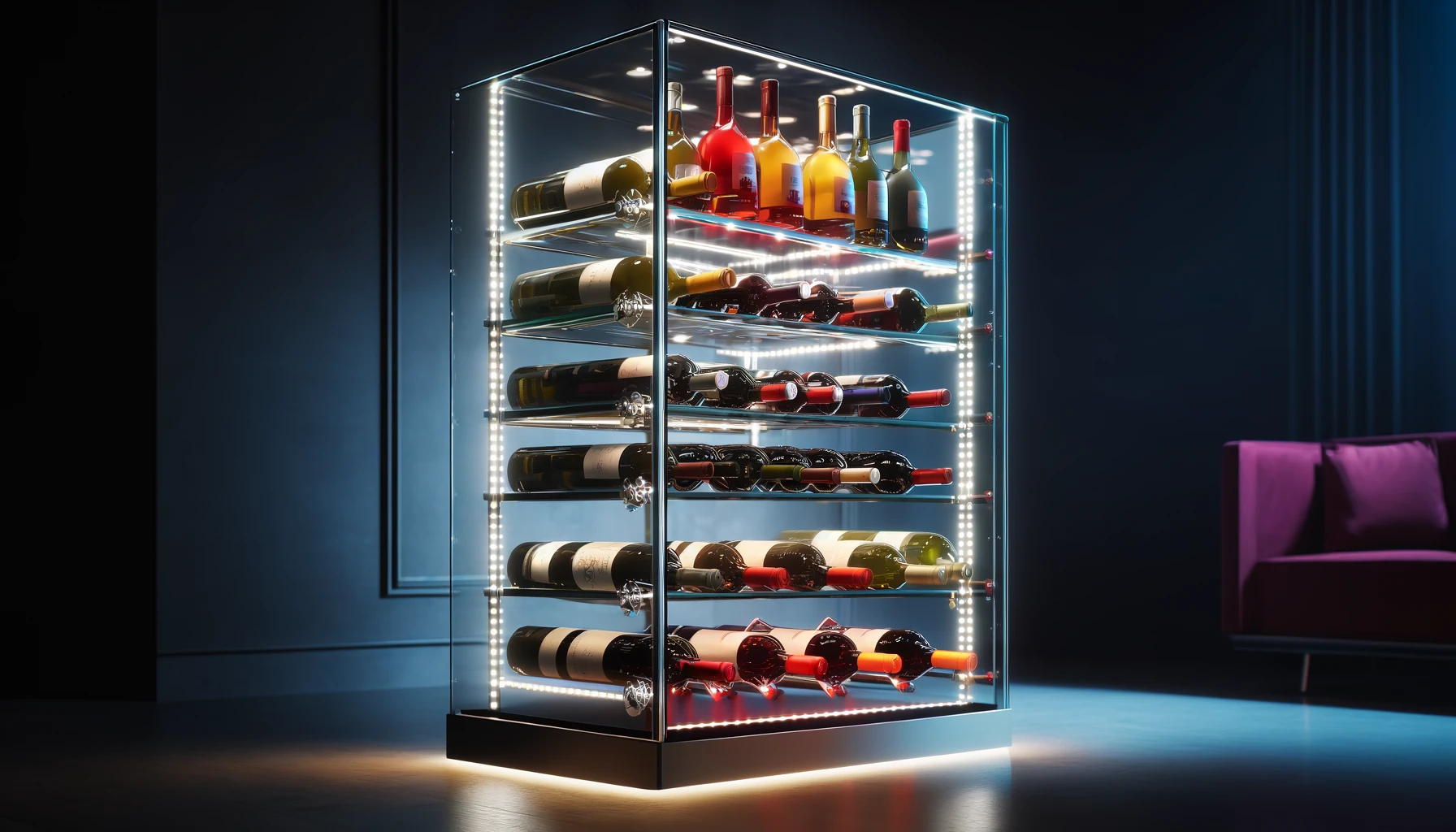
Glass Wine Racks
Pros:
- Visual Appeal: Offers a sleek, modern look that enhances visibility of the wine labels.
- Ease of Cleaning: Glass is easy to clean and does not harbor mold or pests.
Cons:
- Fragility: More fragile than metal or wood, prone to breakage.
- Cost: Generally more expensive due to materials and the complexity of installation.
Wood Wine Racks
Pros:
- Natural Insulation: Offers better insulation for temperature stability.
- Aesthetic Warmth: Provides a classic look that can complement any traditional or rustic interior.
Cons:
- Maintenance: Can be susceptible to humidity and temperature changes, possibly warping over time.
- Pest Susceptibility: Wood can attract pests if not properly treated or maintained.
Metal Wine Racks
Pros:
- Durability: Strong and durable, less likely to be damaged over time.
- Versatility: Comes in a variety of designs and finishes to fit many decor styles.
Cons:
- Temperature Conductivity: Metal can conduct temperature changes quicker, potentially affecting the wine if exposed to fluctuations.
Minimalist Look: Might not blend well with traditional or rustic decor.
Lighting and Aesthetic Touches
Lighting Fixtures
Choosing the right lighting is essential for maintaining the quality of your wine while also enhancing the ambiance of your cellar. LED lighting is preferred due to its low heat emission, which is crucial to avoid heating the space. Soft, indirect light fixtures can create a warm, inviting glow that highlights the wine bottles without risking damage.
Decorative Elements
Your wine cellar can include decorative elements that reflect your personal taste or the themes of your favorite wine regions. This might include artwork, vintage wine crates, barrel ends, or custom sculptures. These elements add a layer of personalization that makes the cellar truly yours.
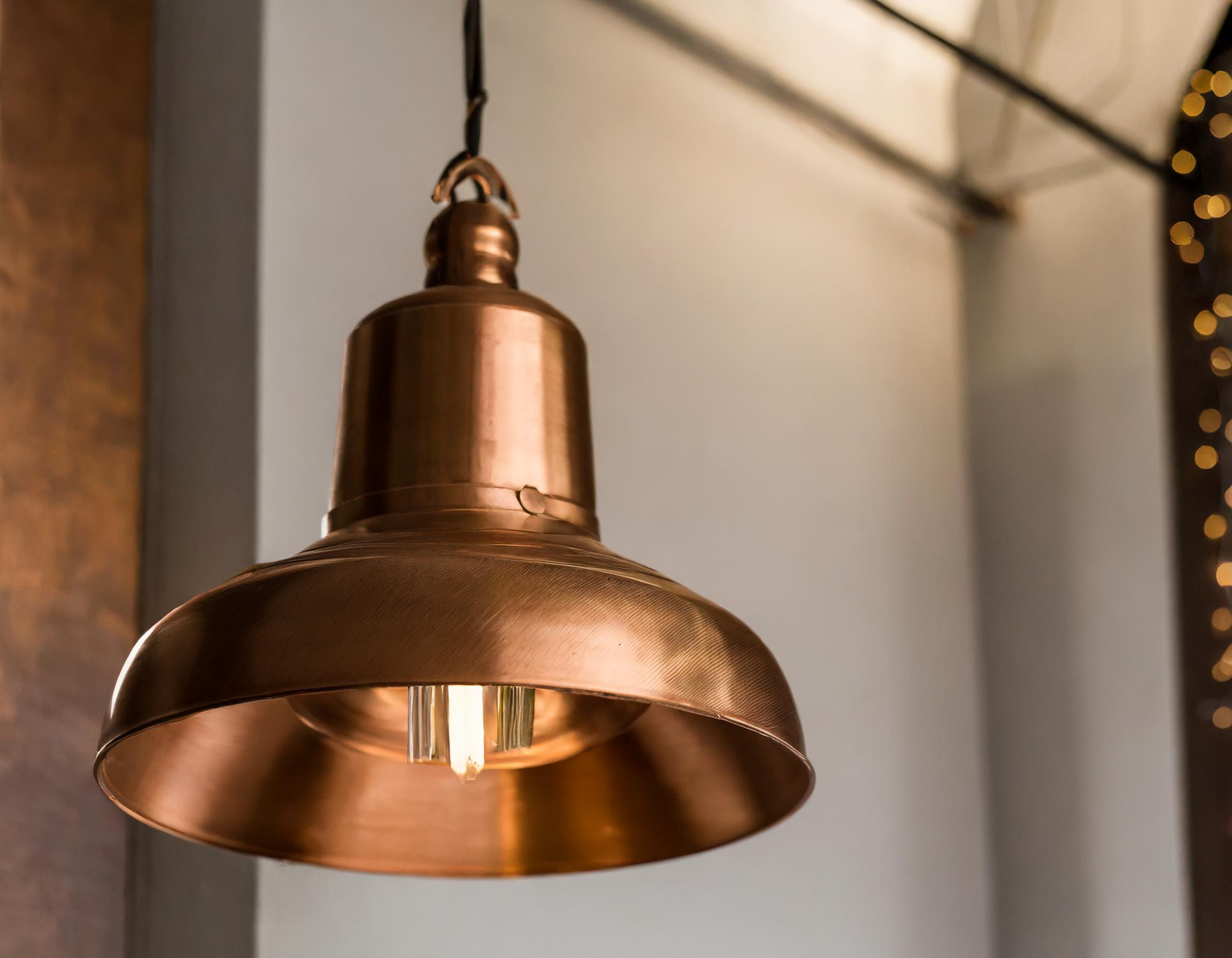
Working with Professionals
Choosing the Right Contractor
Selecting a contractor with specific experience in building wine cellars is crucial. They can navigate the complex requirements of climate control and design, ensuring that your wine cellar is not only beautiful but also functionally sound.
The Role of an Interior Designer
An interior designer can help bridge the gap between functional needs and aesthetic desires, ensuring that every element of your wine cellar is perfectly coordinated. From the layout to the finishing touches, their expertise can transform your vision into a reality.
Tips for Picking Professionals:
- Look for Specialization: Choose a designer and contractor who specialize in wine cellars or at least have significant experience with similar projects. Specialists will understand the specific requirements for proper wine storage, including climate control and materials that can withstand humidity and temperature fluctuations.
- Check Portfolios: Review the portfolios of potential designers and contractors to assess their style, craftsmanship, and experience. Look for examples of previous wine cellar projects to get a sense of their capability and aesthetic sense.
- Read Reviews and References: Check online reviews and ask for references. Speaking to past clients can provide insights into how reliable, flexible, and communicative the contractor and designer are.
- Consider the Design Approach: Ensure that the designer’s approach aligns with your vision. A good designer should be able to enhance your ideas with their professional insights, suggesting features and designs that you may not have considered.
- Assess Their Knowledge of Wine Storage: Your designer and contractor should have a deep understanding of what makes a wine cellar functional—not just beautiful. This includes knowledge of suitable building materials, insulation, vapor barriers, and climate control systems that are crucial for wine preservation.
- Get Detailed Quotes: Request detailed quotes from several designers and contractors to compare prices and understand what is included in their services. Be wary of quotes that seem significantly lower than others, as they might not cover all necessary aspects or might indicate lower quality materials.
- Verify Credentials and Insurance: Check that the contractor and designer are licensed and insured. This protects you in case of accidents or damage during the project.
The Benefits of Adding a Wine Cellar
Increased Home Value
Adding a custom wine cellar can significantly increase the resale value of your home. In a market like Connecticut, where unique home features are highly sought after, a wine cellar can make your property stand out during resale, attracting discerning buyers and potentially commanding a higher price.
Enjoyment and Entertaining
Beyond its financial benefits, a wine cellar offers a dedicated space for enjoyment and entertainment. It becomes a focal point for gatherings, a conversation starter, and a place to unwind, making it a valuable addition to your home in more ways than one.

Designing and building a custom wine cellar in your Connecticut home offers a blend of luxury, functionality, and investment potential. With thoughtful planning, expert advice, and a focus on detail, your wine cellar will enhance your lifestyle and become a treasured aspect of your home. Now is the perfect time to explore the possibilities and embark on this rewarding project.

